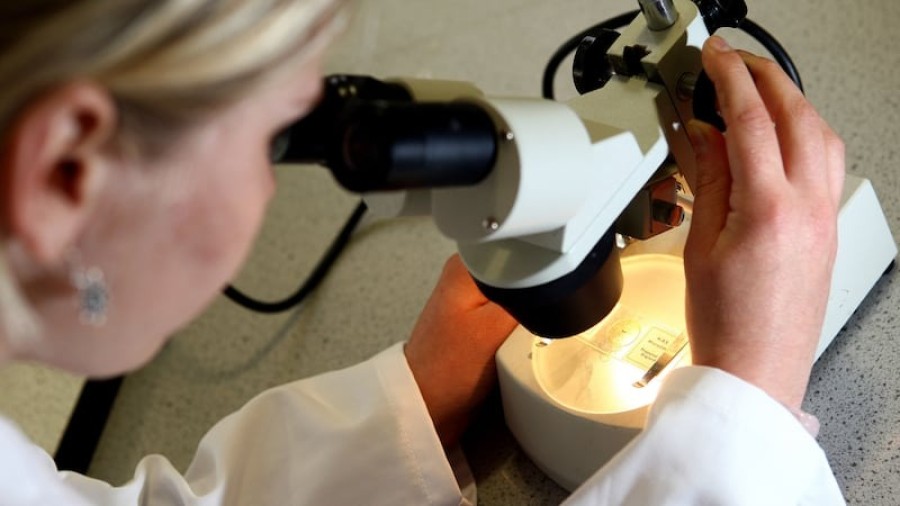E. coli vaccines could cut risk of cancer

Targeting two bacteria strains with vaccines or probiotic drugs could lead to a reduction of cancer cases that are common in industrialised nations, scientists say.
E. coli are usually harmless strains of bacteria that live in the intestines of humans and animals but can be dangerous if they enter the bloodstream in weakened immune systems.
However, genomics research, published in The Lancet Microbe, has highlighted the prevalence of two dominant E. coli strains that produce a DNA-damaging chemical, called colibactin,
They say these dangerous strains are more common in industrialised countries, including the UK and Norway. Meanwhile, the team’s analysis showed the strains were much rarer in countries such as Bangladesh and Pakistan, where cases of bowel, bladder and prostate cancer were also lower.
In 2020, researchers found that colibactin causes DNA breaks in human cells. They also found evidence of damage from colibactin in tumour samples from colorectal cancer patients.
The ability to produce colibactin is a rare feature of some E. coli and is found mainly in the two strains estimated to be at least 300 years old. Interventions that tackle these two strains, such as vaccination or a probiotics, could prevent these bacterial strains from circulating and therefore reduce cancer risk, researchers say.
Senior author Prof Jukka Corander, of the Wellcome Sanger Institute, University of Oslo and the University of Helsinki, said his team used large-scale genomics to track E. coli strains across several countries for the past five years with data that goes back to the early 2000s, allowing scientists to work out possible connections between E. coli and cancer rates.
Prof Corander said he hoped the findings would unlock a way of potentially eradicating colibactin-producing E. colin.
“Vaccines or other interventions that target these E. coli strains could offer huge public health benefits, such as reducing the burden of infections and lessening the need for antibiotics to treat these, as well as reducing the risk of cancers that could be linked to the effects of colibactin exposure.”
Author Dr Tommi Maklin, of the University of Helsinki and the Wellcome Sanger Institute, also said understanding how strains of this bacteria worked could give humanity a more "complete picture of health and disease".
He said access to global genomic data on which variants are found in a given area can uncover new trends and possibilities, such as strains in industrialised countries potentially being linked to the risk of certain cancers.
